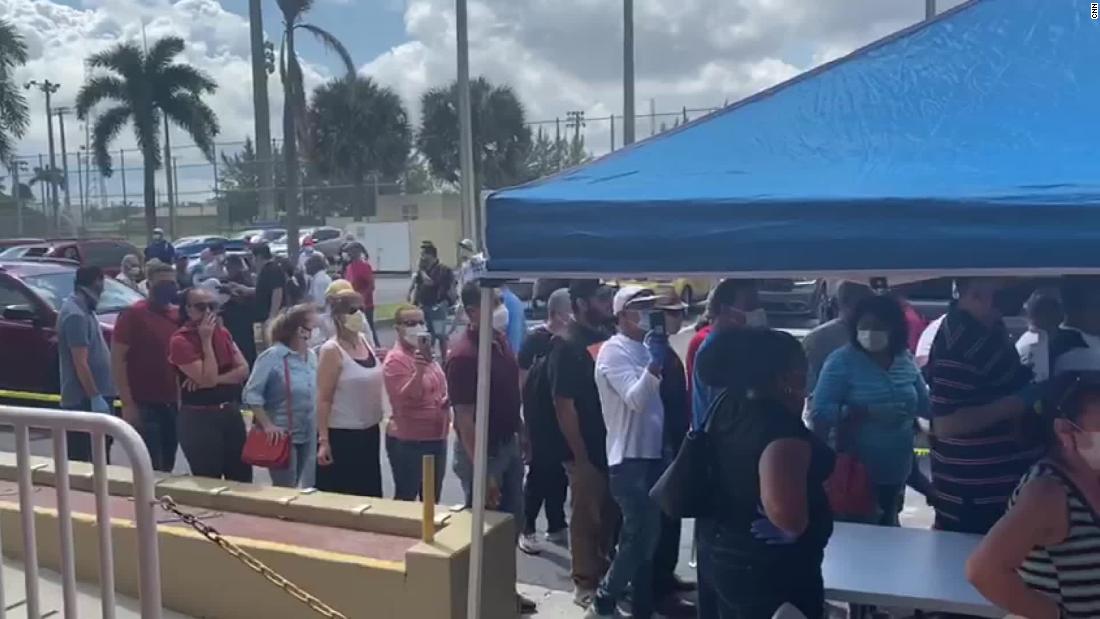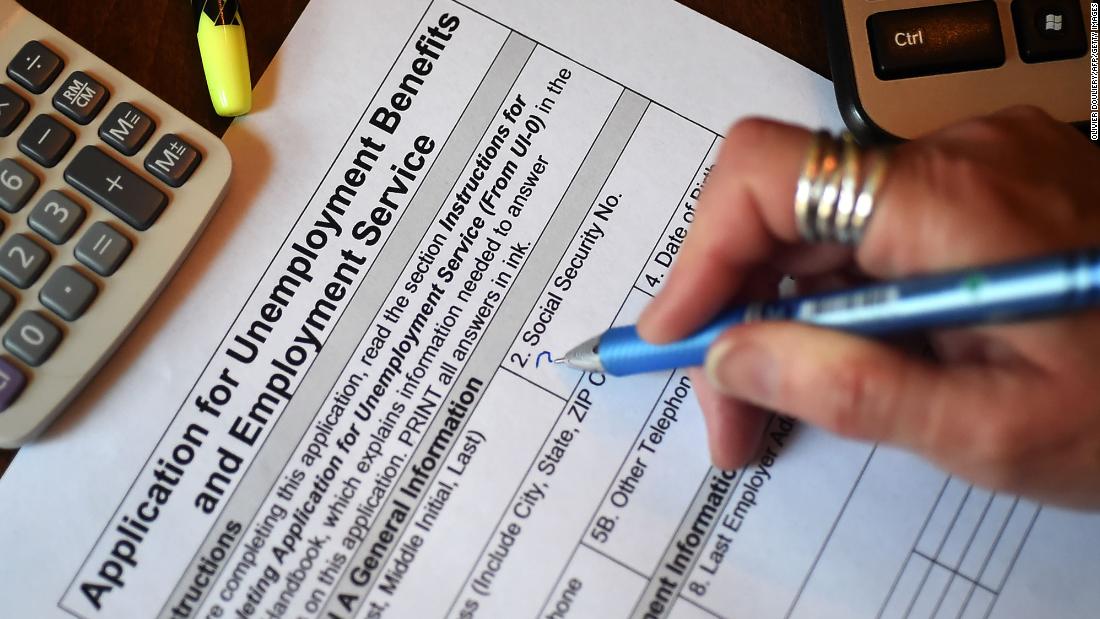Since April 17, coronavirus infection rates have surged in L.A. County’s poorer neighborhoods, while cases have risen far more slowly in richer areas.
Blacks are much more likely than whites to die of COVID-19.
Child hunger is soaring, but two months after Congress approved billions to replace school meals, only 15 percent of eligible children had received benefits.
Some Texas cities are taking additional steps to protect renters and delay evictions, but many Texans remain vulnerable. A Houston rental assistance program ran out of funding in just 90 minutes.
As San Francisco’s Latino population suffers a growing toll from COVID-19, the city plans to begin offering more than $1,200 in aid to residents unable to afford to self-isolate after testing positive, according to the mayor’s office.
Roughly one quarter of the workforce in Nevada, Michigan and Hawaii are unemployed, and nearly every other state registered a record-high jobless rate last month, illustrating the historic, wide-spread economic havoc wrought by the coronavirus.
They’ve lost jobs at a much higher rate than other families with children.

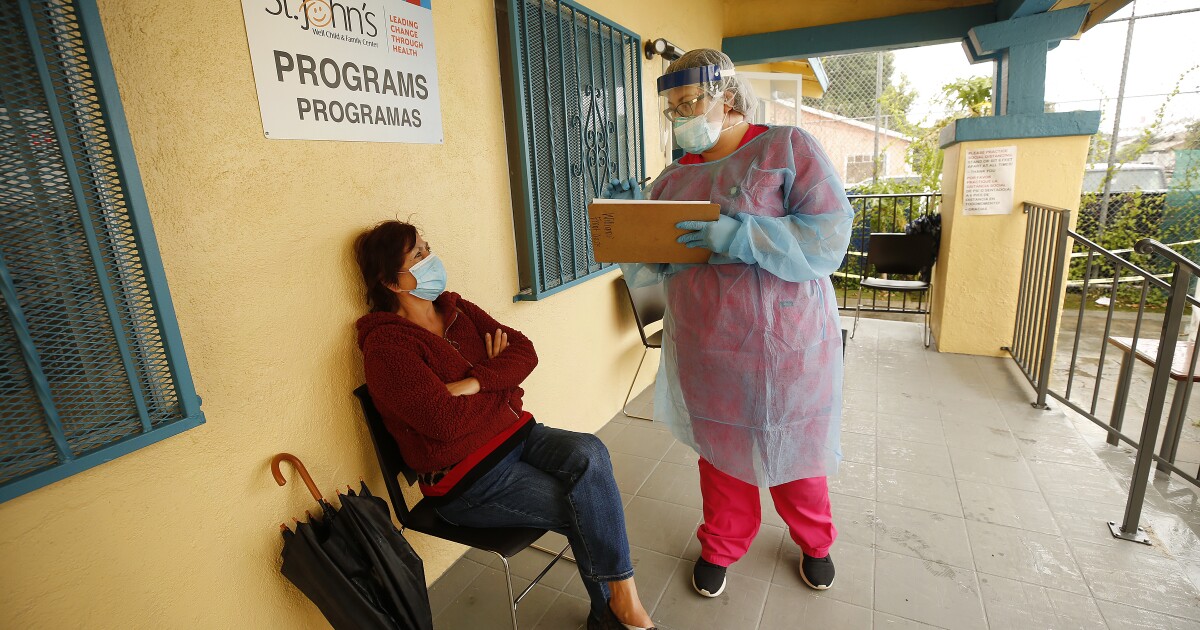



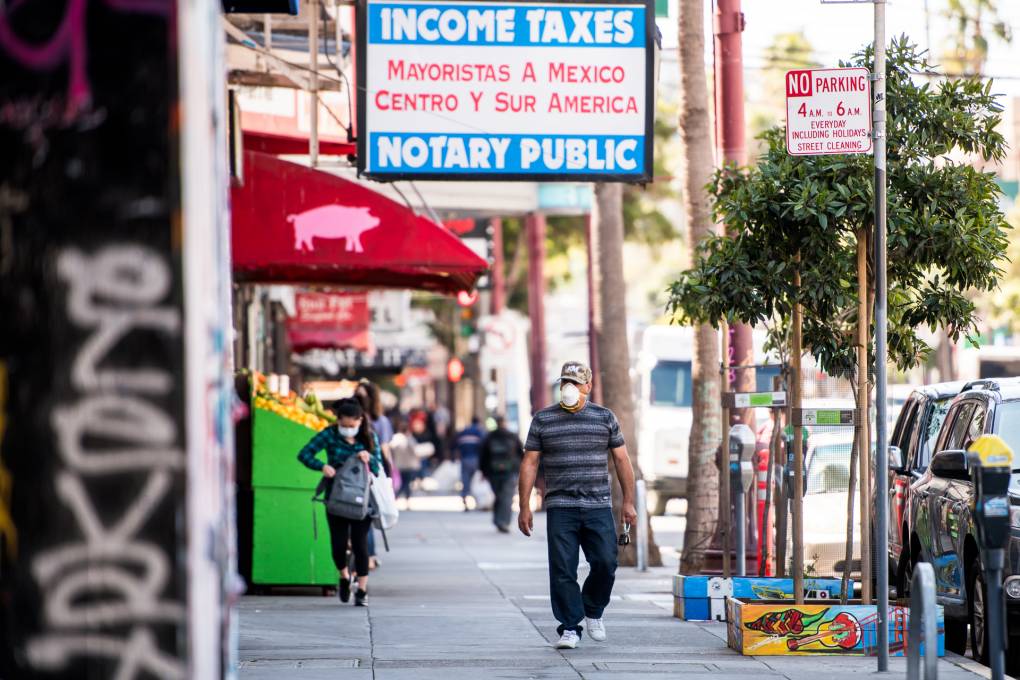


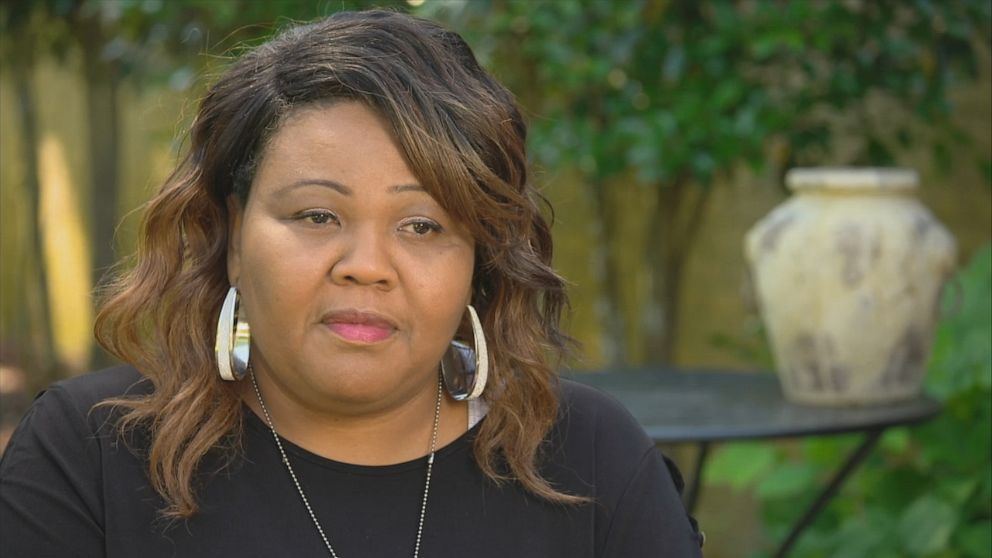


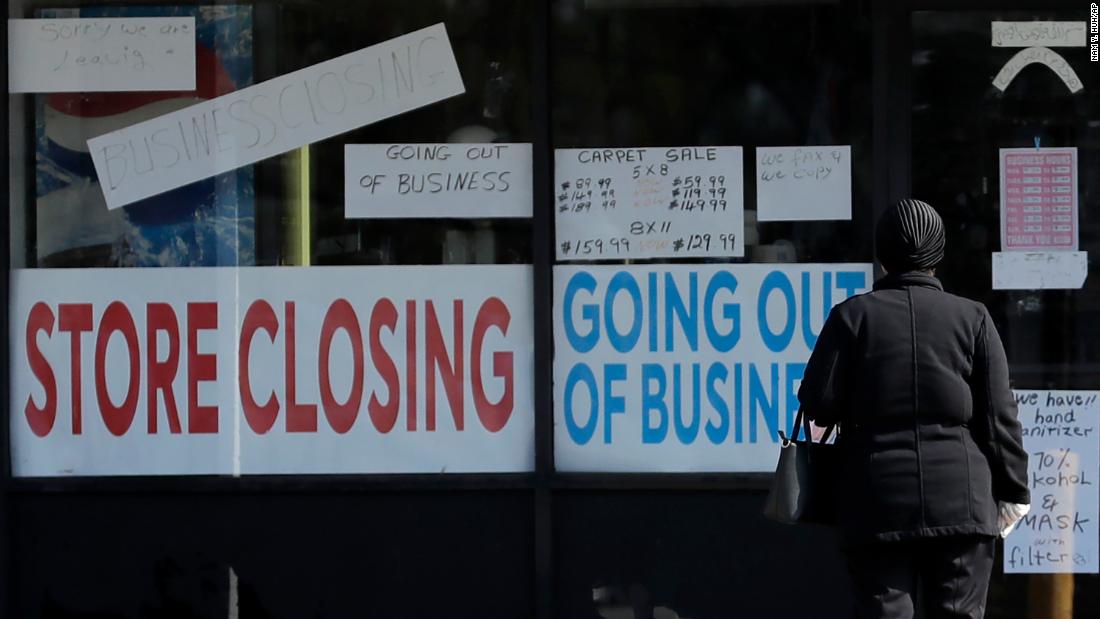
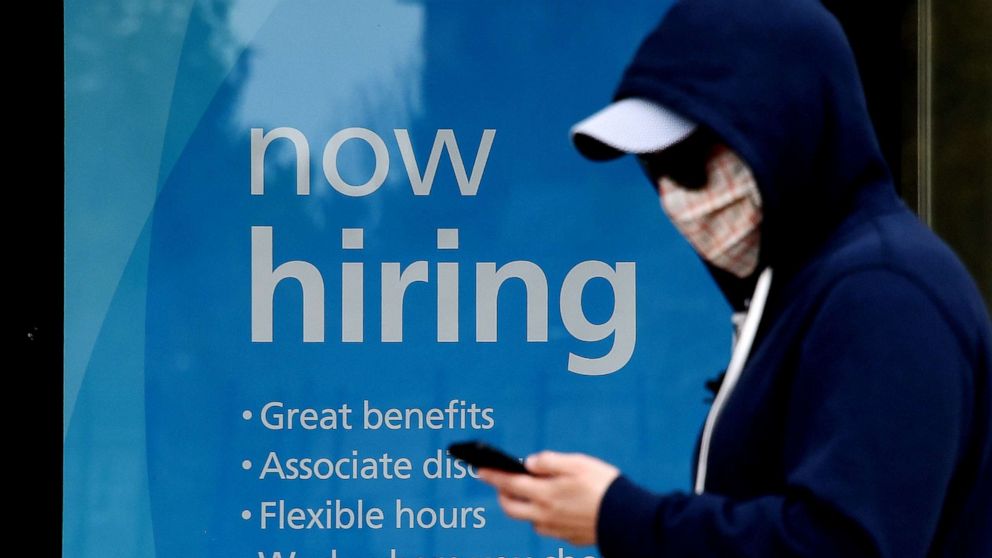


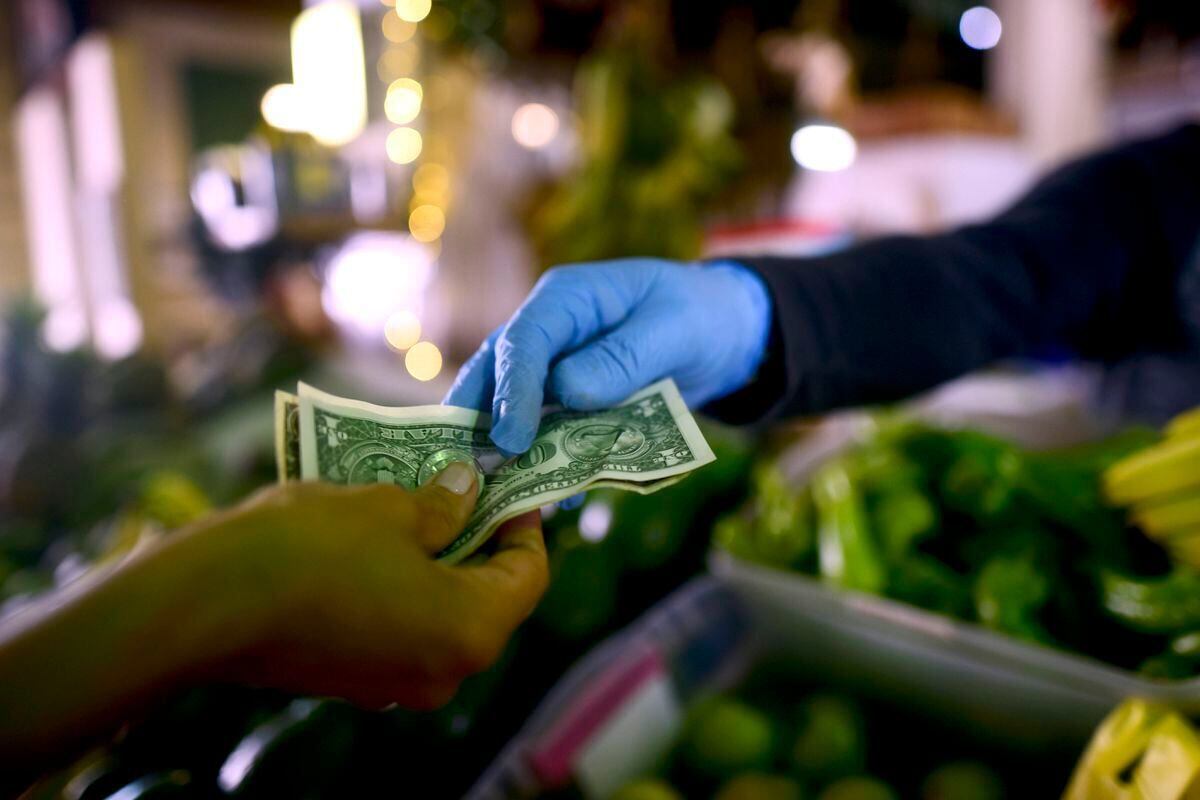

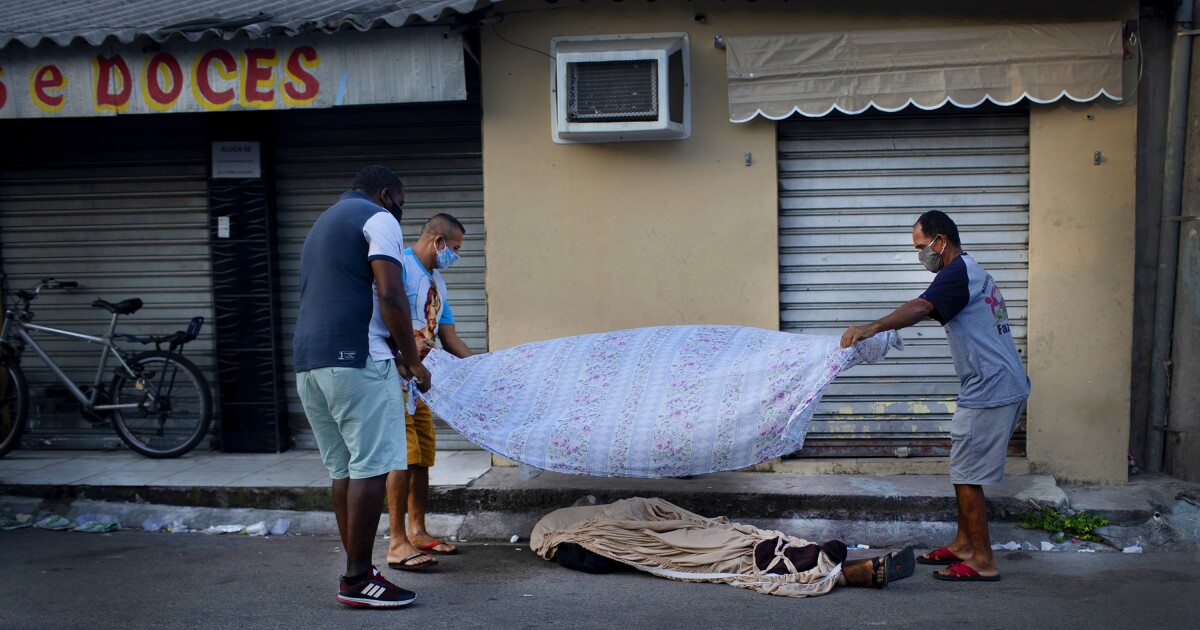
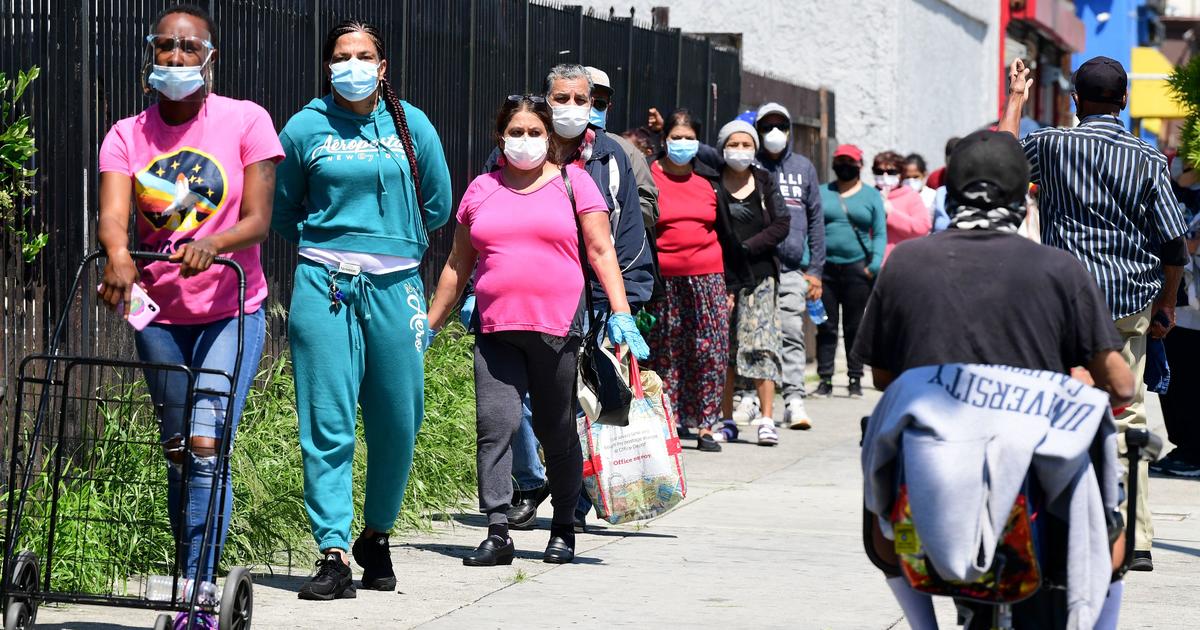
/cloudfront-us-east-1.images.arcpublishing.com/dmn/RWQDUUZMHUOI2D62VJ6OXSURVI.jpg)
